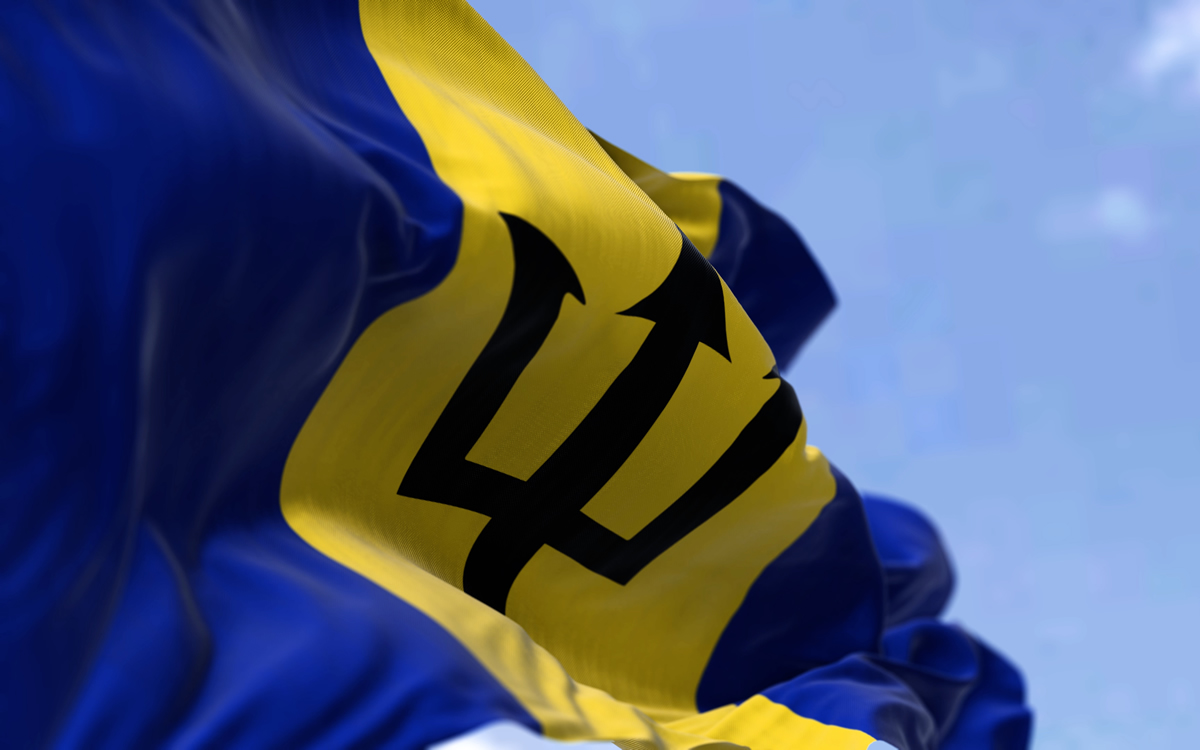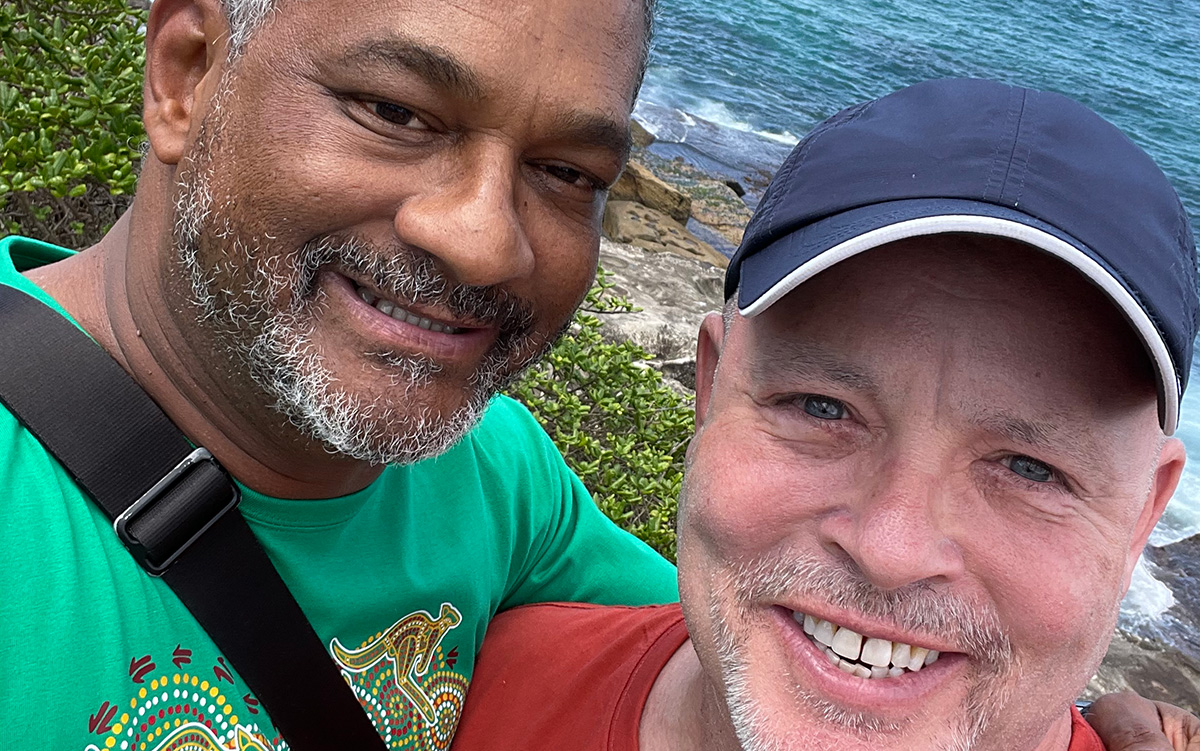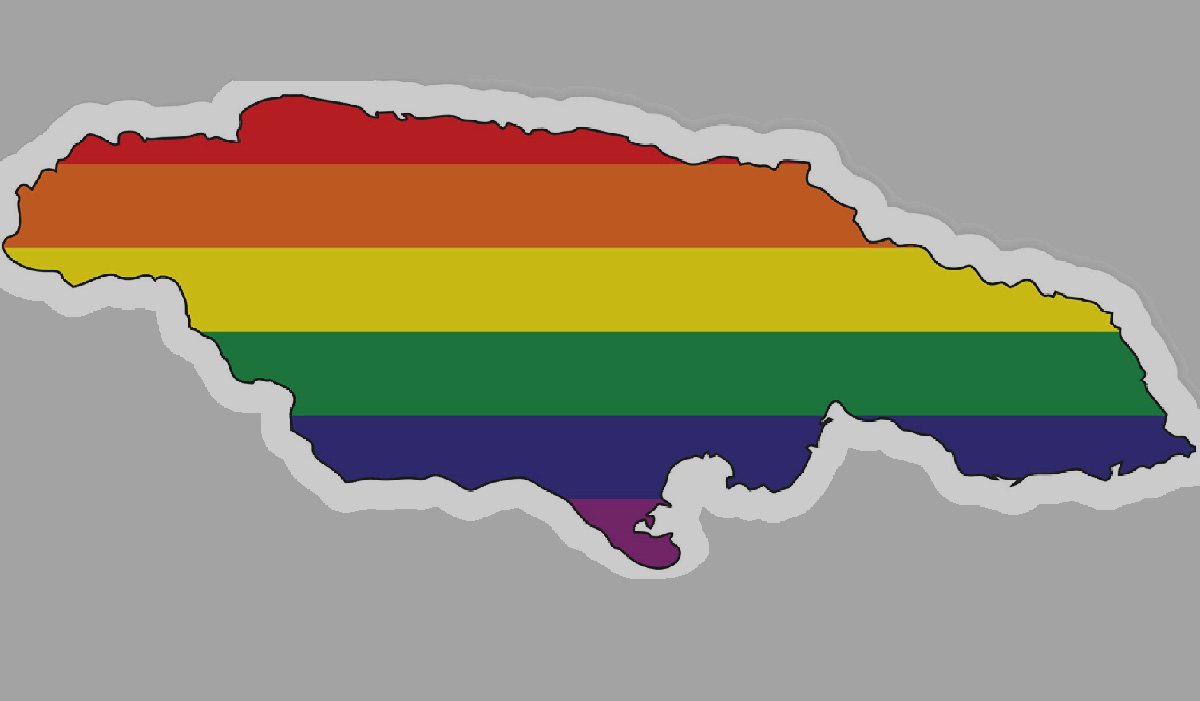Caribbean
Barbados’ colonial-era sodomy law struck down
Ruling ‘a pivotal moment for equality’ for all Barbadians

The Barbados High Court on Monday struck down a colonial-era law that criminalized consensual same-sex sexual relations.
The ruling specifically struck down Sections 9 and 12 of the Barbados Sexual Offenses Act.
Men who were found guilty of engaging in consensual same-sex sexual relations under Section 9 could have faced up to life in prison. Men and women who were convicted of violating Section 12 could have faced up to 10 years in prison.
The London-based Human Rights Trust in a press release noted Equals, an LGBTQ and intersex rights group in Barbados, and the Eastern Caribbean Alliance for Diversity and Equality challenged the law on behalf of two local activists.
“Today’s ruling is one step, one action of many impacting the LGBTQ+ community of Barbados,” said one of the plaintiffs in the Human Rights Trust press release. “As it resonates with me, I already know there is more work to be done. We will continue on together.”
The other plaintiff in the press release said the ruling is “a pivotal moment for equality for all Barbadians and one more step in the journey towards more inclusivity for LGBT citizens.”
“This will definitely mean that I and my community can navigate life with just a little more ease and comfort, in the knowledge that Barbados has taken a step to understand us and respect us,” they said.
Judges earlier this year struck down colonial-era sodomy laws in St. Kitts and Nevis and Antigua and Barbuda.
The Belizean Court of Appeal in 2019 upheld a ruling that struck down the country’s sodomy law. A judge on the Trinidad and Tobago High Court in 2018 struck down its statute that criminalized consensual same-sex sexual relations.
The Inter-American Commission on Human Rights last year in a landmark decision said Jamaica must repeal its sodomy law. Then-British Prime Minister Theresa May in 2018 said she “deeply” regrets colonial-era criminalization laws the U.K. introduced.
Donnya Piggott, an activist from Barbados, is the co-founder of Pink Coconuts, an online platform for LGBTQ and intersex travelers. Piggott is also Open for Business’ Caribbean Campaign lead.
Piggott in a statement said the Barbados ruling is “a long time coming, and the advocacy journey has been arduous.”
“We’re thankful to all the advocates who worked hard on this,” said Piggott. “It’s beautiful to see Barbados’ step towards inclusion and we hope it signals to other Caribbean islands that our people only stand to benefit from decriminalization as well as other inclusive laws, and the economic opportunities it brings for the entire region.”
The Associated Press reported the Barbadian government has not said whether it will appeal the ruling.
Dominican Republic
Dominican court strikes down police, military sodomy ban
Nov. 18 ruling ‘a decisive step’ against discrimination

The Dominican Republic’s Constitutional Court on Nov. 18 ruled the country’s National Police and Armed Forces cannot criminalize consensual same-sex sexual relations among its members.
Human Rights Watch in a press release notes the landmark decision struck down Article 210 of the National Police’s Code of Justice and Article 260 of the Armed Forces’ Code of Justice.
Police officers and servicemembers who engaged in same sex “sodomy” faced up to two years or one year in prison respectively. Human Rights Watch in its press release said the provisions violated “constitutional guarantees to nondiscrimination, privacy, free development of personality, and the right to work” in the Dominican Republic.
“For decades, these provisions forced LGBT officers to live in fear of punishment simply for who they are,” said Cristian González Cabrera, a senior Human Rights Watch researcher. “This ruling is a resounding affirmation that a more inclusive future is both possible and required under Dominican law.”
Consensual same-sex sexual relations have been legal in the Dominican Republic since 1822, more than two decades before it declared independence from neighboring Haiti.
The Armed Forces Code of Justice had been in place since 1953. The National Police Code of Justice took effect in 1966.
Anderson Javiel Dirocie de León and Patricia M. Santana Nina challenged the policies in court.
“This decision marks a decisive step toward ensuring that these institutions, as well as any public or private body, adapt their rules and practices to guarantee that no person is discriminated against or sanctioned for their sexual orientation,” said Santana in the press release.
Dominican law does not ban discrimination based on sexual orientation or gender identity in employment, education, housing, and other areas. The country’s constitution defines marriage as between a man and a woman.
James “Wally” Brewster, who was the U.S. ambassador to the Dominican Republic from 2013-2017, is openly gay. Religious leaders frequently criticized him and his husband, Bob Satawake.
Brewster in a text message to the Washington Blade said the Constitutional Court ruling is “important.”
Turks and Caicos Islands
Turks and Caicos government ordered to recognize gay couple’s marriage
Richard Sankar and Tim Haymon legally married in Fla. in 2020

The Turks and Caicos Islands’ Court of Appeal has ruled the British territory’s government must recognize a same-sex couple’s marriage.
Richard Sankar, a realtor who has lived in the British territory for nearly three decades and is a Turks and Caicos citizen, married Tim Haymon in Fort Lauderdale, Fla., in 2020.
Haymon, who is American, in August 2021 applied for a spousal exemption under the Turks and Caicos’ immigration law on the basis of his status as a spouse that would have allowed him to legally live and work in the territory.
The Turks and Caicos’ Director of Immigration initially denied the application because its definition of marriage used does not include same-sex couples.
Haymon and Sankar filed their lawsuit in October 2021. The Supreme Court heard the case in November 2022.
The court in March 2024 ruled the government’s refusal to issue a work permit exemption for Haymon violates the Turks and Caicos’ constitution that bans discrimination based on sexual orientation. The government appealed the decision, and the Court of Appeal heard it in January 2025.
The Court of Appeal in September dismissed the government’s appeal. It released its decision on Oct. 27.
Stanbrook Prudhoe, a law firm in the Turks and Caicos, represents Haymon and Sankar.
“Just like any other spouse coming to the Turks and Caicos Islands and marrying a Turks and Caicos islander, we’re just wanting the same rights,” Haymon told the Blade during a March 2024 interview.
Haymon told the Blade he has received his “spousal certificate that gives me residency and the right to work” in the British territory in the British territory. The government appealed a 2022 Supreme Court ruling that ordered it to give him the certificate, but the Court of Appeals denied it.
The Supreme Court ordered the Director of Immigration to grant Haymon a residence permit. He told the Blade he received it on Monday.
The Turks and Caicos are a group of islands that are located roughly 650 miles southeast of Miami.
Consensual same-sex sexual relations have been decriminalized in the British territory since 2001.
The constitution states “every unmarried man and woman of marriageable age (as determined by or under any law) has the right to marry a person of the opposite sex and found a family.” The constitution also says “every person in the islands is entitled to the fundamental rights and freedoms of the individual, that is to say, the right, without distinction of any kind, such as race, national or social origin, political or other opinion, color, religion, language, creed, association with a national minority, property, sex, sexual orientation, birth, or other status.”
Then-Cayman Islands Grand Court Chief Justice Anthony Smellie in 2019 ruled same-sex couples can legally marry in the Cayman Islands. The Caymanian Court of Appeal later overturned the decision, and the British territory’s Civil Partnership Law took effect in 2020.
Then-Bermuda Supreme Court Justice Charles-Etta Simmons in 2017 issued a ruling that paved the way for gays and lesbians to legally marry in the British territory. The Domestic Partnership Act — a law then-Gov. John Rankin signed that allows same-sex couples to enter into domestic partnerships as opposed to get married — took effect in 2018.
Bermuda’s top court later found the Domestic Partnership Act unconstitutional. The Privy Council, a British territories appellate court in London, upheld the law. It also ruled same-sex couples do not have the constitutional right to marry in the Cayman Islands.
The Turks and Caicos government has until Nov. 24 to appeal the Court of Appeals decision. It remains possible the Privy Council’s Judicial Committee could hear Haymon and Sankar’s case.
Jamaica
Jamaican LGBTQ group launches Hurricane Melissa relief fund
Storm made landfall on Oct. 28 with 185 mph winds

A Jamaican LGBTQ rights group is raising funds to help victims of Hurricane Melissa.
The funds that Equality for All Foundation Jamaica is raising through the Rustin Fund for Global Equality will “provide emergency housing, transportation, essentials, and rebuilding support for those in our community most in need.”
“Hurricane Melissa has caused extensive devastation across Jamaica, leaving many families and communities struggling to recover,” said the Equality for All Foundation Jamaica in a social media post that announced the fund. “Among those affected are LGBTQI+ Jamaicans, many of whom already experience homelessness, displacement, and further barriers to accessing public relief and safe shelter due to fear or past experiences of discrimination.”
Melissa on Oct. 28 made landfall in Jamaica’s Westmoreland Parish with sustained winds of 185 mph.
The BBC notes the Category 5 hurricane that caused widespread destruction in western Jamaica killed at least 28 people on the island. Melissa also killed more than 30 people in Haiti and in the Dominican Republic.
Heavy rains and strong winds caused widespread damage in eastern Cuba after Melissa made landfall in the country’s Santiago de Cuba Province on Oct. 29. The hurricane also impacted the Bahamas, the Turks and Caicos Islands, and Bermuda.
Jamaica is among the countries in which consensual same-sex sexual relations remain criminalized. Discrimination and violence based on sexual orientation and gender identity is also commonplace in Jamaica, as the Washington Blade has previously reported.
“Jamaica has just endured one of its worst natural disasters with the passage of Category 5 Hurricane Melissa,” wrote Craig Rijkaard, a member of the Rustin Fund’s board of directors, on Oct. 29 in a post on the organization’s website. “The damage and disruptions across central and western parishes are immense — flooding, road blockages, power outages, loss of buildings/homes, mass evacuations, and tragic loss of life.”
“LGBTQI+ Jamaicans are especially vulnerable, as one in three has experienced homelessness or displacement,” added Rijkaard. “Unfortunately, government-led relief efforts do not always work well for our communities, as many LGBTQI+ Jamaicans are afraid to access public services due to fear and the lived reality of discrimination — over a third report they would avoid emergency aid for this reason.”




















